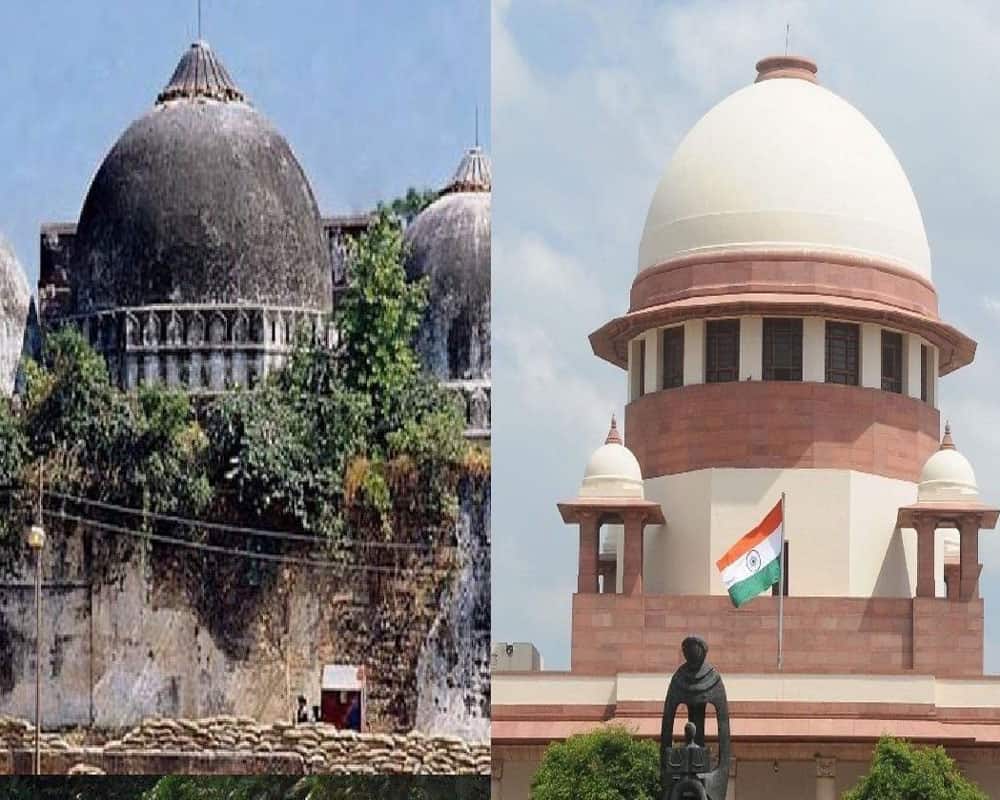The Supreme Court on Monday said that it was not investigating whether Mughal Emperor Babur was a sinner or not.
“We are not determining whether Babur was a sinner or not. What we are determining is the title over the disputed land and whether the mosque was validly constructed or not,” Justice Bobde observed.
Advocate Mohammed Nizamuddin Pasha, representing a Muslim litigant, responded and said that the Mughal emperor was a sovereign and sharia law was not assumed to be the law at the time.
He further stated that after 500 years, a constitutional court cannot evaluate the validity of the actions of a sovereign, Babur, and hold his actions were illegal.
“Today we have moved so far from what a sovereign was in those days… We cannot assume that the law was Sharia at the time of Babur and then say law was not followed by Babur and say what he did (building Babri Masjid) was wrong,” Mr. Pasha further submitted.
A bench of CJI Ranjan Gogoi and Justices S A Bobde, D Y Chandrachud, Ashok Bhushan and S Abdul Nazeer hearing the arguments in the Babri Masjid-Ayodhya title case.
With October 18 – the deadline in the case – fast approaching, the counsel for both sides sharply contested each other’s arguments – Hindus parties argued Hindu law is applicable in interpreting Lord Ram’s birthplace as a juristic personality, while Muslims contended the Babri Masjids validity will not be decided in terms of tenets of Islam but rather how people had treated it.
With agency inputs

